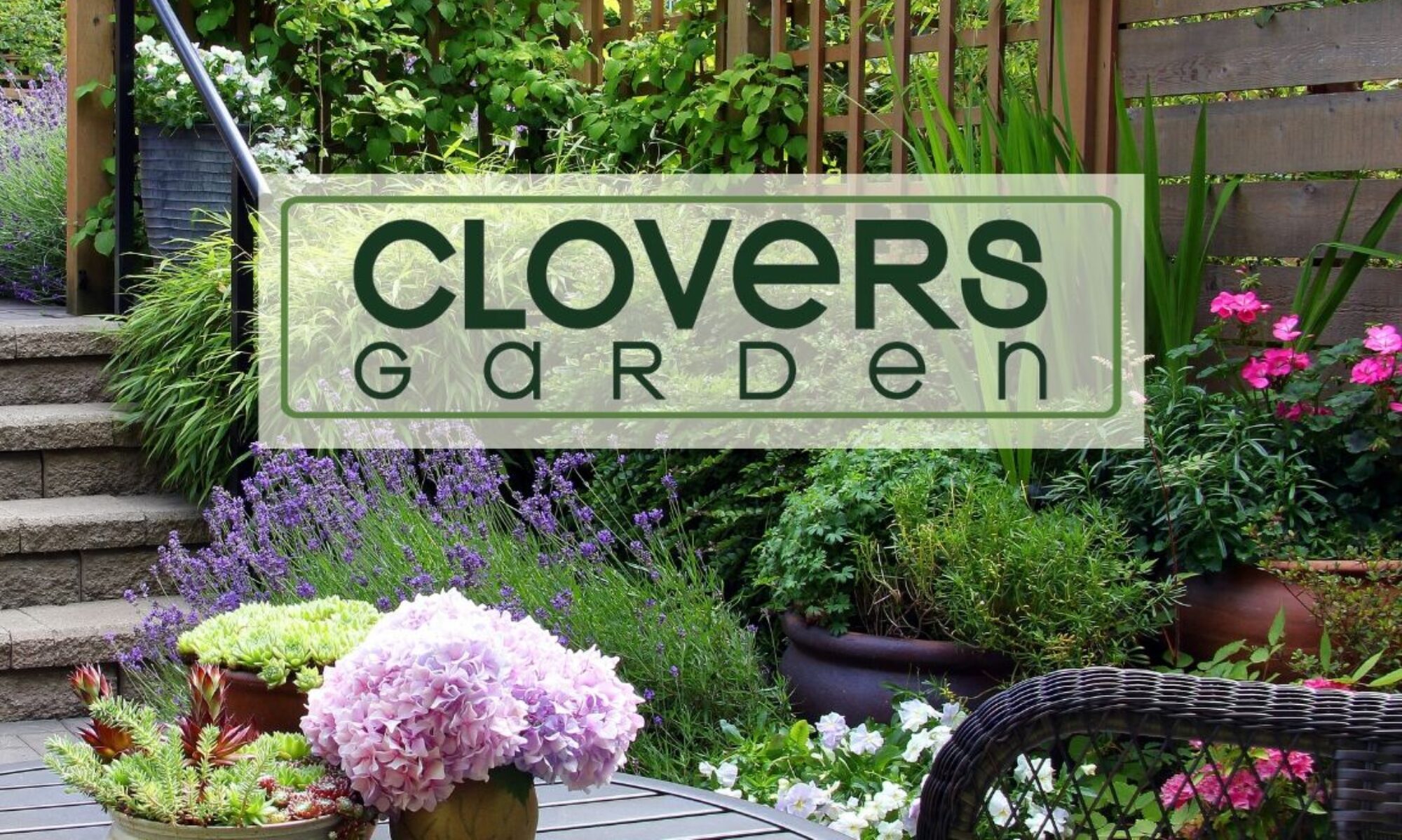What exactly is greywater
You may be wondering what this new word your friends all are talking about it, greywater. Essentially greywater is just about any kind of water that you use in your house, after it has been used for something. There are a few exceptions however, those being any water that comes into contact with human waste. So, in other words, the water you flush down your toilet would not be considered greywater. But other things like water from your shower, sink, dishwasher, or laundry machine would all be considered greywater. One exception to those would be if you wash dirty diapers in your laundry machine however.
How to collect greywater
The best way to collect greywater from all these sources is to simply just have the plumbing system direct water to a holding tank, this will also work best if you can avoid the use of pumps to help save on electrical costs you already have in your home. There are some instances where you would not have to change your plumbing system at all to collect it however, there are washing machines available that have a drain that would direct all the water into a barrel or tank of some sort. You can then use this greywater as you please, assuming it is not being used for cooking or drinking because it will have soap residue in it. The water you collect may not look “clean”, but it is clean enough to use for lawn irrigation or other outdoor activities like gardening.
How to use the greywater you collect
The greywater you collect within your house unfortunately cannot be used for many indoor activities because it is not safe for consumption because of chemical residues. However, it is a perfectly safe alternative to use as water in a toilet, which is one of the top uses of water in every home. And of course, the less “new water” you use in your home, the more money you will save on your energy and water bills every month!
Most people that use greywater will use it to water either their lawn or gardens in their yards. However, there are a few things to remember when using greywater in your garden or lawn. The most important one, is to not store greywater for more than a day because the residues within it will start to break down and will likely lead to an unpleasant odor. Another thing to consider when using greywater outside, is that you do not want to use it in an area where it will pool up, that can lead to all sorts of problems such as a mosquito breeding habitat!
Helpful greywater tips
You also should consider using environmentally friendly soaps in your home that are low in chlorine, salts, and boron, because those will clog up pores in the soil and not let the water soak in as much over time. Using these kinds of soaps and detergents in your home will ensure the greywater you collect will not have chemicals in it that will reduce the health of your lawn and garden. It is really important to consider what chemicals you use in your house if you decide to install a greywater system, because not using environmentally friendly cleaning products can harm things you use greywater on. Keep in mind that greywater is a great way to reduce your water usage, but you need to be mindful of what is going into your greywater collection system.

When I originally commented I clicked the “Notify me when new comments are added” checkbox and now
each time a comment is added I get four emails with the same comment.
Is there any way you can remove people from that
service? Thanks a lot!
Hi there,
I’m not sure why this is happening!! We don’t have settings set up for something like that. I’m sorry that is happening. It may be something on your end. If it happens again, let me know and I’ll open a ticket with our host.